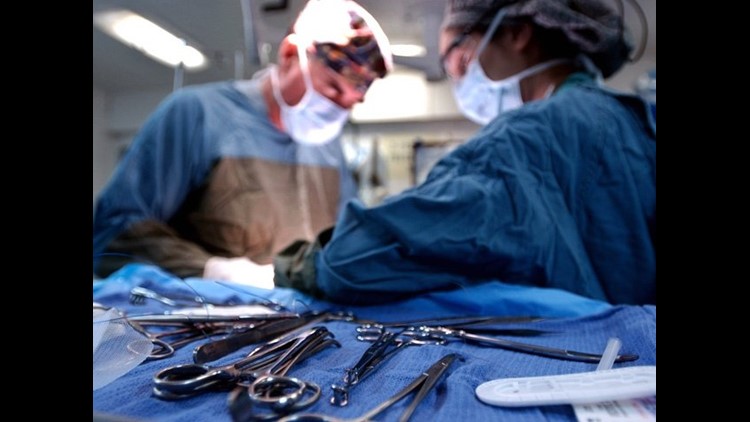(CNN) — Preparing for surgery can be stressful and overwhelming. Feelings of uneasiness are common, but you don’t have to feel that way.
You’re fully empowered to ask questions and seek answers before you enter the operating room. Your doctors and nurses are your ultimate resources. They are there to guide you through what we call the perioperative process: before, during and after surgery.
From the moment the surgery is scheduled until your post-op recovery is complete, you should feel comfortable to ask any question that arises. Educating yourself is one of the best ways to eliminate any anxiety and empower yourself as a patient.
The following are some questions that you should ask as you move through the process:
1. Do I have to have this surgery?
First and foremost, find out if you must have surgery. Is it medically necessary? Are there any alternatives? What are the risks and benefits associated with each option? Will your insurance cover the procedure?
Many people depend on the Internet to answer these questions. Anyone can type “surgery” or “pre-op” into a search engine and find all sorts of information, but I caution my patients to avoid going online to learn about their surgeries.
You can reference the Internet as a guide, but remember it is built for general information, not detailed information about a specific case. Every patient is an individual. And I remind my family that “doctors don’t look for zebras, they look for horses” — you’re not likely to be the rare “zebra” case that an Internet search might bring up.
2. Where is the surgery being done, and what is the facility’s experience with this type of procedure?
After you determine that you need to have surgery, you have to think about where you’re having it. You’ll want to look at the experience and expertise of the surgeon, staff and hospital.
Do they have established experience with the particular type of surgery you are having? Do you have to go to a specific hospital, or are there several from which to choose? Could the procedure be done at a surgical center or outpatient facility?
If your child is the patient, make sure the hospital has experience with pediatric patients. The same goes for the elderly.
You’ll also want to check with your health insurance carrier about what facilities they will cover. Some insurance plans will not pay for a procedure unless the facility is “in network” — in other words, your primary care provider may have to have a relationship with a particular facility.
3. How do I prepare for my procedure — both physically and mentally?
The physical preparation is hands-down the most important, individualized part of the surgical process.
For some people, little preparation is needed. For others, it may be necessary to speak to your primary care provider, cardiologist or other specialists.
Find out if you need any testing beforehand, or if you need to make any changes to your medication regimen. Ask your doctor about eating and drinking before the procedure. If you’re a smoker, find out how that could affect your preparation. Make sure you are eating well and getting enough sleep. It’s important to take good care of yourself before having surgery.
Mental preparation is also key. You need to prepare your family or friends, because chances are you’ll need their assistance when you come home. Be sure to have caregivers ready to help you. Don’t have the unreal expectation that you will go back to your regular routine instantly.
4. What are my anesthesia options?
For many people, anesthesia is one of the most concerning aspects of surgery.
Talk to your doctor about the different types of anesthesia. Some surgeries require a specific type of anesthesia, but you may have options. If you do have the option of choosing what kind to have, make sure you understand ahead of time what the risks and benefits are.
Being nervous about anesthesia is normal, but educating yourself will help alleviate your fears. As an anesthesiologist, I always remind people that my job is to wake people up, not just put them to sleep.
5. What will my recovery be like?
Complications are sometimes unavoidable after surgery, but you can help reduce some of the risks by following your doctor’s instructions and caring for yourself before you head into the operating room.
After surgery, you may have pain, nausea or vomiting. Ask your doctor what you can do to alleviate these common reactions. Learn what your expected recovery time frame will be like. Ask about your pain management options.
And be sure your loved ones understand what to expect in the weeks following the surgery. Knowing what to expect makes the recovery process easier.



